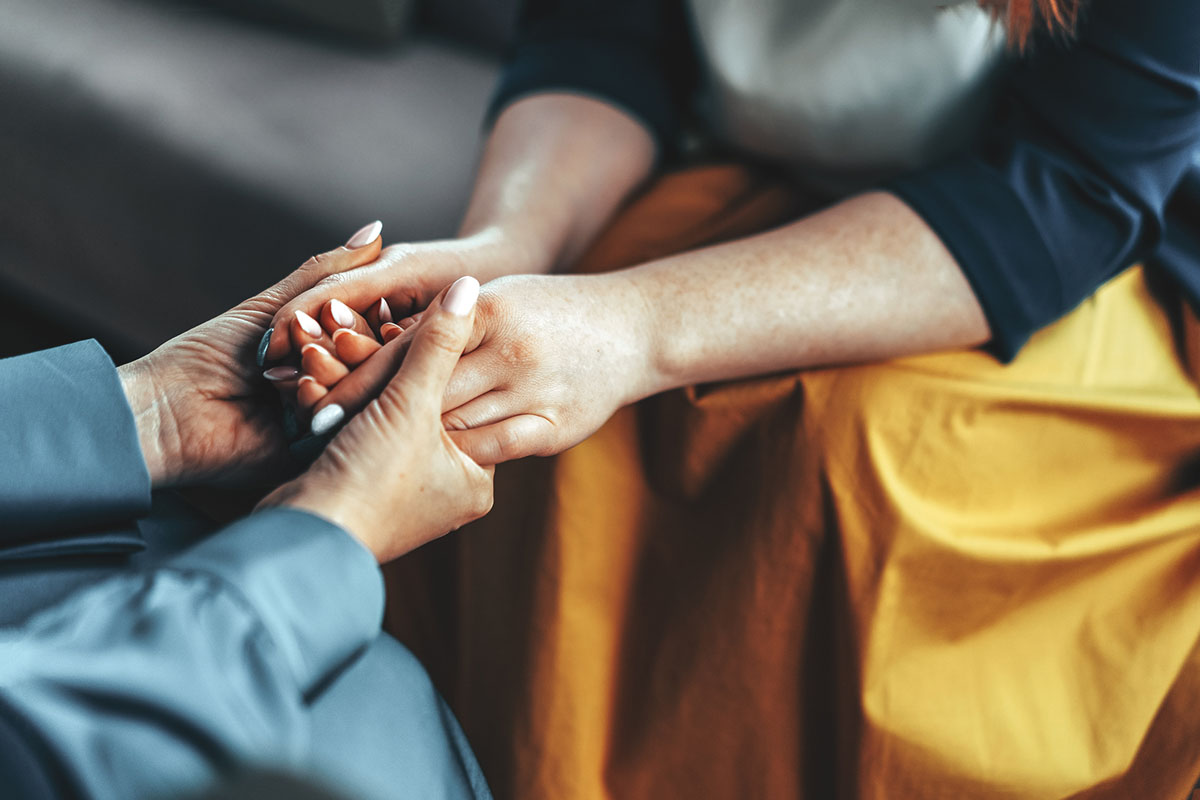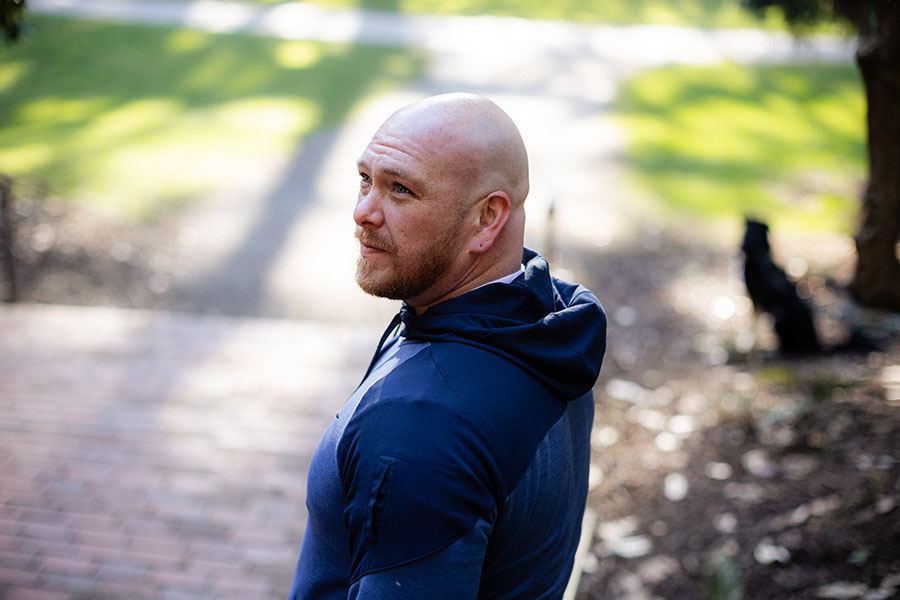Тревожное расстройство: больше, чем обычные нервы

Все время от времени нервничают и волнуются, и это нормально. Но когда эти эмоции возникают часто и мешают вам функционировать, они могут сигнализировать о тревожном расстройстве. Вот как определить, страдаете ли вы или кто-то, кого вы любите, этим состоянием.
Симптомы тревожного расстройства, которые нужно знать
В небольших дозах тревога может быть полезна, например, помогая вам быть в тонусе, когда вы сдаете тест или идете на собеседование. Но у людей с тревожным расстройством тревога никогда не исчезает. Они могут переживать ее каждый день и со временем, если его не лечить, это состояние может ухудшаться.
Вот некоторые возможные симптомы:
- Частое ощущение беспокойства, паники или страха
- Проблемы со сном
- Неспособность концентрироваться или принимать решения
- Неспособность перестать думать о проблемах
- Сильный страх перед определенными объектами или местами (фобии)
- Холодные, потные руки или ноги
- Одышка или слишком учащенное дыхание
Не каждый человек с тревожностью будет испытывать все эти симптомы. Симптомы также могут варьироваться от легких до тяжелых.
Люди, страдающие тревожностью, обнаруживают, что она мешает важным занятиям. Они могут знать, что их страх непропорционален происходящему, но им трудно успокоиться.
Статистика по тревожным расстройствам
Более 19 процентов взрослых в Соединенных Штатах страдали тревожным расстройством в прошлом году — это почти 1 из 5 человек.
В 2023 году тревожность и/или депрессия затронули более 32 процентов взрослых в США, но в Орегоне эти показатели были еще выше: более 35 процентов.
Информация по тревожности
Кризисная поддержка
Посетите сайт Помощи самоубийцам и людям в кризисных ситуациях, позвоните или отправьте текстовое сообщение на номер 988 или пообщайтесь в чате онлайн.
Бесплатные/недорогие обследования
Обратитесь к своему поставщику медицинских услуг, в окружную службу психического здоровья или в организацию координированного медицинского обслуживания (CCO).
Партнерская поддержка, группы и занятия
Посетите NAMI Oregon, орегонское отделение Национального альянса по психическим заболеваниям (NAMI).
Для участников программы CareOregon
Ознакомьтесь с информацией CareOregon по психическому здоровью, которые включают психологическое консультирование, терапию, лечение наркозависимости и лекарства.
Виды тревожных расстройств
Тревожные расстройства могут проявляться в разных формах. Вот пять наиболее распространенных:
- Общее тревожное расстройство: Нереалистичное или преувеличенное беспокойство о повседневной жизни и задачах.
- Паническое расстройство: Переживание вспышек страха, которые вызывают паническую атаку с такими физическими симптомами как учащенное сердцебиение, боль в груди и чрезмерное потоотделение.
- Социальное тревожное расстройство: Вы очень застенчивы и боитесь, что другие осудят вас. Вы можете испытывать сильную тревогу в социальных ситуациях или вообще избегать их.
- Фобии: Вы испытываете сильный страх перед каким-либо предметом или местом до такой степени, что вам трудно или вообще непереносимо находиться рядом с этим, например, боязнь высоты.
- Посттравматическое стрессовое расстройство (ПТСР): После травматического опыта вы испытываете сильный страх, когда находитесь в подобной ситуации, например, боитесь выходить на улицу ночью после того, как вас ограбили в темноте.
Получение помощи при тревожности
Хорошая новость заключается в том, что тревожность хорошо поддается лечению. Это может включать в себя комбинацию терапии, изменения образа жизни и приема лекарств.
Правильный план лечения может варьироваться от одного человека к другому, поэтому важно обратиться за помощью к специалисту в области психического здоровья. Ваш лечащий врач может направить вас к одному из них.
Помощь в борьбе с тревожностью может быть лучшим, что вы можете сделать для себя и своих близких. Нет ничего постыдного в том, чтобы получить помощь; Тревожность — это заболевание, и, как и любое другое заболевание, оно излечимо с помощью медицины.









